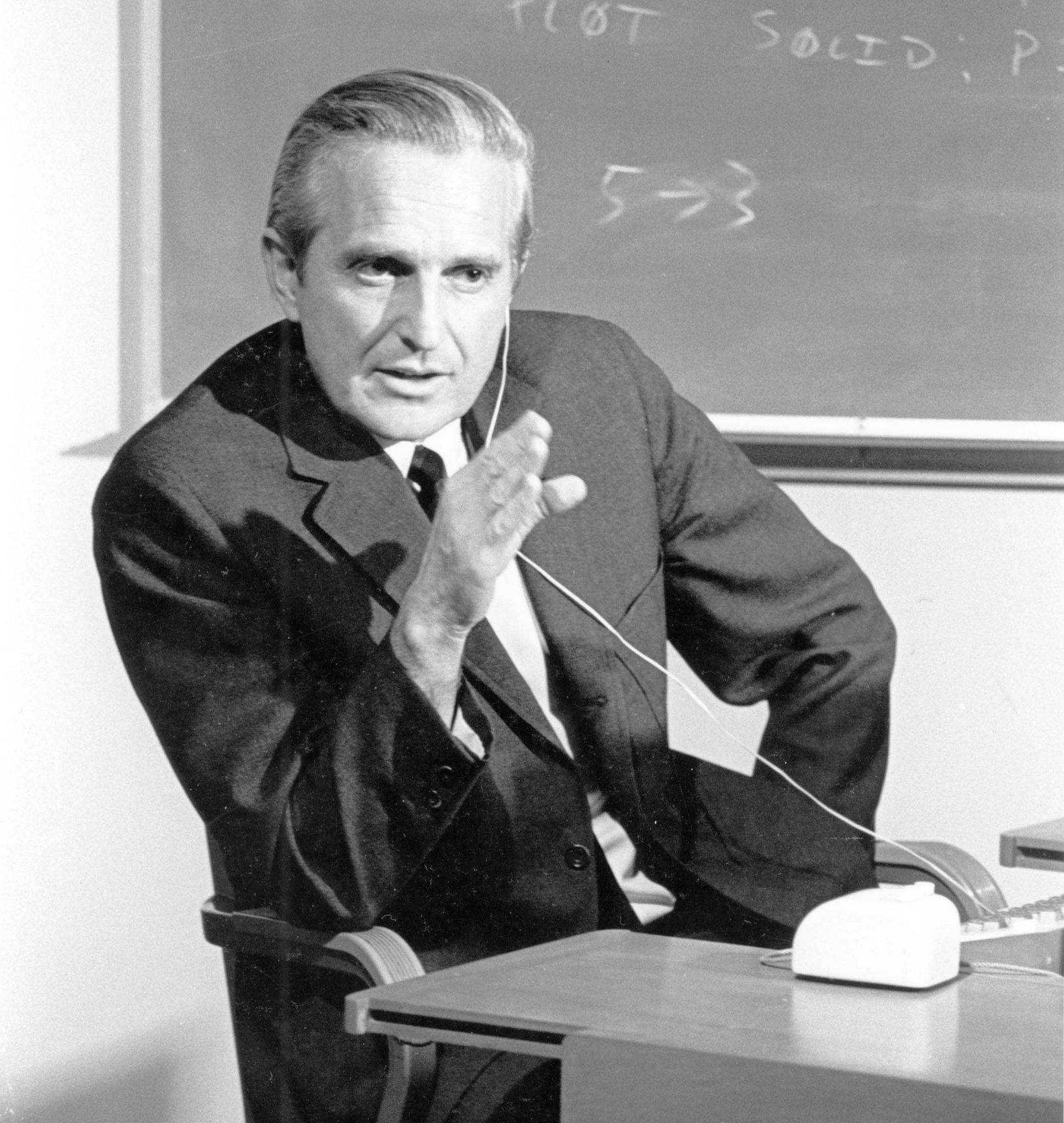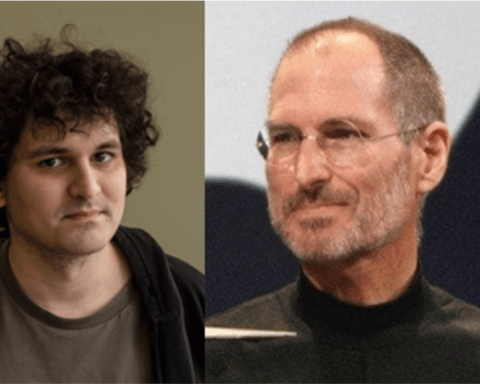*Who is the luckiest person you have ever met or known? Were they all wealthy, or did they have some other sources of satisfaction with their lives, be it love, family, religion, other than being filthy rich?
Clifton Mark, in an article on the website Aeon, closed a disappointing essay on meritocracy with the following: “Despite the moral assurance and personal flattery that meritocracy offers to the successful, it ought to be abandoned both as a belief about how the world works and as a general social ideal. It’s false, and believing in it encourages selfishness, discrimination and indifference to the plight of the unfortunate.”
My first question would be: Don’t those people who were born into wealth, sent to expensive private schools (fully stocked with legacies), and who then take positions in organizations where legacies are the rule and not the exception, also have a considerable amount of selfishness, discrimination and indifference to the plight of the unfortunate? Why stop with meritocracy? Aristocrats have a long history of a callus disregard for those less fortunate than themselves.
The prevalence of the term “privileged” used to epitomize a generation that regards hard work as pointless is approaching its maximum; Mr. Mark is preaching to the choir of the privileged generation, who are dyspathetic to hard work of any kind.
Apparently, success breeds contempt, even for people who worked very hard to attain wealth and privilege. It seems a reasonable conclusion that meritocracy quickly deteriorates into nepotism, of which the recent behavior of Harvard Law professor Amy Chua is exemplary.

Those who have been lavishly benefitted by fortuitous events believe themselves to be socially superior, and at least economically, they are not wrong. Since a meritocratic mentality encourages this predilection for idolization, our most effective means of stopping this would be socialism, or at least exorbitant taxes upon the rich. As Milton Friedman pointed out decades ago, as a percent of income, the poor pay a far greater percentage of their income in taxes than do the wealthy. Certainly, denying the wealthy their economic rewards would attenuate their attitude of superiority regarding the lower classes. The odious result of abandoning meritocracy would be that no one would see a reward for working hard and developing skills that would benefit them. Why work hard when there is no reward?
Are you convinced that everyone who has done well for in and for society did so for the superficial result of fame and fortune? The “invisible hand” that was first described by Adam Smith in the iconic economics text, The Wealth of Nations in 1776, noted that there was an invisible hand that directed all economies, and that invisible hand also could be used to describe luck. But luck can also be described as when preparation meets opportunity. In almost every endeavor in life, there is risk. Even the lottery winners took a risk. There aren’t many of the high-tech billionaires who, at the beginning, didn’t take risks. Where others see risks, some see opportunity. Why take risks when there is no reward? Faint heart never won fair lady.
Where others see risks, some see opportunity. Why take risks when there is no reward?”
The mouse was not invented by Bill Gates or Steve Jobs. The mouse on your computer was invented by Douglas Engelbart, with the assistance of Bill English, at the Stanford Research Institute in Menlo Park, California, a think tank sponsored by Stanford University during the 1960s, and was patented on November 17, 1970. The mouse was first described as the X-Y Position Indicator for a Display System, and I am sure that you’re happy they decided to call it a mouse. The first computers using a mouse were at Xerox’s Palo Alto Research Center. It’s likely you never heard of Douglas Englebart, but you’ve heard of Bill Gates and Steve Jobs. Perhaps Englebart wasn’t a risk taker, or perhaps he and Xerox didn’t see the mouse as being an instrumental part of a computer that would endear it to the masses, or be manufactured by the billions.

Does luck involve risk takers? There have been many risk takers who were just unlucky. Preston Tucker, the designer of the Tucker ’48 automobile, was unlucky. But the Tucker automobile influenced innovation, and one of the few remaining Tucker automobiles recently sold for a whopping $2.9 million. I have no qualms with Mr. Mark describing the deprecating and condescending attitude of the lucky towards what they perceive to be the lower classes of society, or, to describe them another way, the unlucky. To quote Mr. Mark: “In addition to being false, a growing body of research in psychology and neuroscience suggests that believing in meritocracy makes people more selfish, less self-critical and even more prone to acting in discriminatory ways. Meritocracy is not only wrong; it’s bad.”
The wealthy, along with all of the working class, are stingy, egotistical, and unfair. I didn’t realize that all we had to do was to abandon the idea of meritocracy and everyone would then be generous, self-effacing and principled, but according to Mr. Mark, eliminating meritocracy will make everyone, the majority anyway, a better person. Except, of course, society in general, because no one will have any desire to work hard towards a goal, and no one will take risks in order for reward, if we abandon our meritocratic attitude.
As far as the numbers go, in terms of global charity, the United States is first, even with this (in Mark’s words) heinous meritocratic mentality. The numbers do not agree with Mr. Mark’s (in his mind) profound conclusion. How can the United States, with this selfish, minimally self-critical and discriminatory mentality, be the biggest charitable donor in the world? There seems to be ample, (if generosity is the scale) evidence a meritocratic mentality has not caused the United States to be avaricious. So much for Mark’s claim of meritocracy creating “indifference to the plight of the unfortunate.” The numbers alone extirpate these bogus conclusions regarding the meritocratic attitude.
To say that Americans respect and appreciate hard work is not a universal opinion; but to say that Americans respect and appreciate those who take the route of least resistance and offer up the least amount of effort would be a considerable distortion of our mentality. Those who have worked hard predominantly respect the hard work of others, while the lazy among us tend to resent hard workers. How many of us have remained on the job, or toiled far into the night, only to be ridiculed by our fellow workers, and if so, isn’t there some meager justification for self-aggrandizement, and to disparage those who were less ambitious, who maintain a lackadaisical attitude towards work ?
Those who have worked hard predominantly respect the hard work of others, while the lazy among us tend to resent hard workers.”
One of my favorites of Mr. Mark: “It is a well-established psychological principle that people prefer to believe that the world is just.” Seriously? I concluded that the world was unjust around the age of five. The government, via imminent domain, took my grandmother’s home, and I didn’t think that was just. One of the authorities of one of the institutions that I dealt with was, in my five-year-old mind, not fair at all, meting out physical punishment and humiliating young people in a manner that would likely land them in prison if done in present day. I had been taught to be fair from the time I was capable of making decisions involving fairness, and still regard fairness as a moral obligation, a noblesse oblige of even the working class, but from a very early age, I understood that not everyone shared my values; the only consolation I was given was that the people who were unfair were likely to be consigned to Hell. If you seriously wish to advocate that people prefer to believe the world is just, I will be pleased to introduce you to several hundred inmates who do not share that sentiment.
Does everyone have their hard work, based on meritocracy, rewarded? Of course not. The amazingly prevalent characteristic result is all of the cynicism, egotism and favoritism that prevails in those whose who have been lavishly benefitted by fortuitous events, when in reality, their rewards far exceed their efforts. It would seem that the people who should be the most cynical and prejudicial would be the opposite; the people who worked their lives away, sacrificed their family and social lives, their health, and, in return, were recompensed with precious little, and they too, are supposedly infected with the notion that they do not value the similar efforts of their own class. The entire premise of meritocracy being counterproductive is ludicrous. Certainly, fate, or luck if you prefer, will favor some with disproportionate rewards over others, but that event, in and of itself, is not a reason nor a justification to cease efforts and surrender our fate to destiny. The concept of meritocracy goes further into the psyche; while we might not be able to control our destiny, we can certainly shape it with our efforts.
Fundamentally, the United States was founded upon the premise of meritocracy. The founding fathers of the United States saw the archaic laws and customs of Europe to be unfair, as well as economically ineffectual. Historically, the land of the free and home of the brave has been a haven for those who wish to be rewarded for their efforts, and the largest economy in the world was the consequence. No economic or legal policy is perfect, and I fail to see meritocracy’s fundamental deficiency, especially in the light of no other axiom being anywhere near as productive for citizens and, at large, the economy. An economy filled with the most generous people on earth, as well. Mr. Mark is apparently taking the fatalist position that there is nothing we can do, and our fate is predetermined by a destiny we cannot control. The unlucky and the unfortunate have a much better chance at success and prosperity in the United States than almost anywhere else in the world. If we cannot judge someone by their efforts, what other rubric would we use?
If ambition and hard work to achieve success is a fault, then what would be the alternative? Not everyone who works hard is wealthy, and, let’s face it, there are definitely people who achieved a great deal of success without strenuous efforts. Many people will tell you, the wealthy are not all happy folks, which might be why they are selfish, lack any self-criticism, and discriminate with reckless abandon. But the wealthy are a minority. I’m willing to risk being egotistical, cruel, and disrespectful especially if I can benefit from my hard labors, as well as fortuitous events in my favor, and if I can be wealthy, and now that Mr. Mark has pointed that out, I am unconditionally motivated to be a nice, generous, respectful wealthy person.
“Those that say money is a poor motivator understand neither money nor motivation.”-Jeffrey Neil Jackson

Jeffrey Neil Jackson is an
Educator & Literary Mercenary











